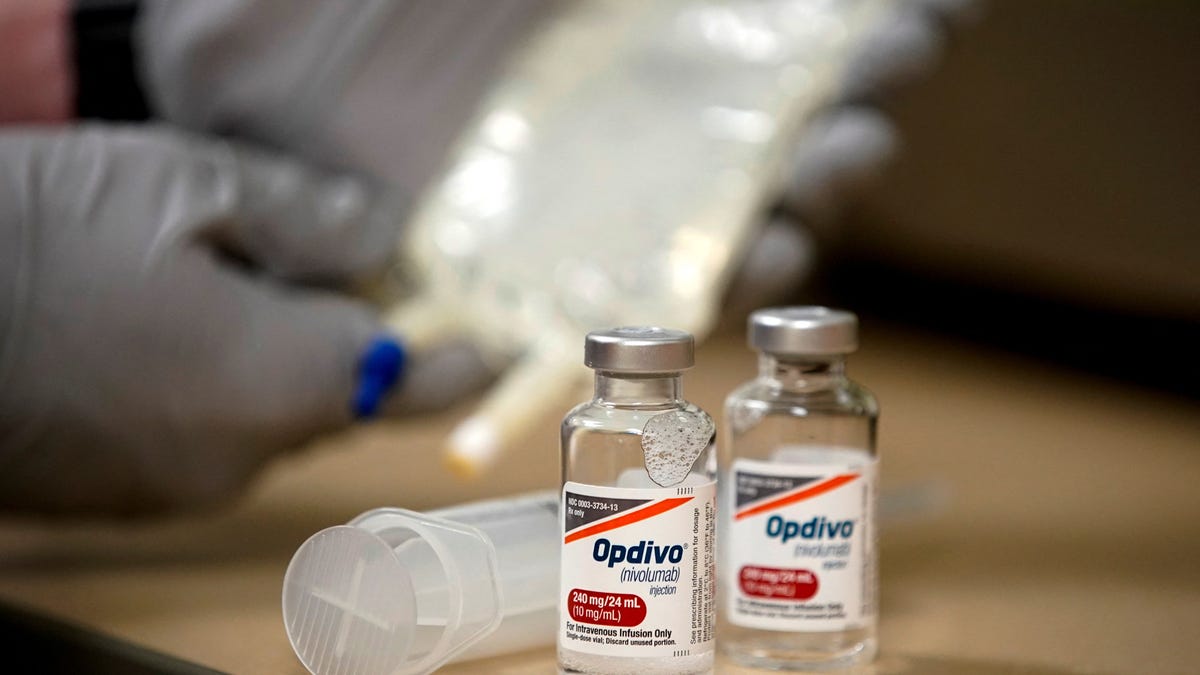The Ever-Changing Landscape of Blockbuster Drugs
In the fast-paced world of pharmaceuticals, the search for the next blockbuster drug is a never-ending quest for companies like Merck, Bristol Myers Squibb, and AbbVie. These billion-dollar drugs not only dominate the market but also bring significant profits to their creators. However, with every success comes an expiration date. As key patents on some of the most lucrative drugs held by these pharmaceutical giants are set to expire in the coming years, the industry is bracing for a major shift.
The Rise and Fall of Blockbuster Drugs
So, what exactly defines a blockbuster drug? Traditionally, a blockbuster drug is one that generates at least $1 billion in annual revenue, but in recent years, the bar has been set even higher. Drugs like AbbVie’s Humira have soared past the $20 billion mark in annual sales, making them incredibly difficult to replace. These drugs, often small-molecule medications, represent a significant portion of all pharmaceutical sales.
When a small-molecule drug loses its patent, it can experience a rapid decline in sales, sometimes up to 80% in just one year. However, the impending patent expirations also extend to biologic therapies, a more complex class of drugs developed from living materials. The entry of biosimilar alternatives into the market poses a threat to the revenue streams of these giants, forcing them to adapt their strategies.
Strategies in the Face of Competition
As the clock ticks down on their exclusivity rights, pharmaceutical companies are deploying various tactics to soften the blow of impending generic competition. One such strategy involves filing additional patents to extend the exclusivity of their drugs. By patenting not only the medications themselves but also the manufacturing processes and methods of administration, these companies can delay the entry of generics into the market.
However, this approach has come under scrutiny in recent years, with regulatory bodies questioning the validity of some patents. The U.S. Federal Trade Commission has challenged what it deems as “junk” patents, aiming to ensure a level playing field for generic drug manufacturers.
Another common tactic employed by pharmaceutical companies is the development of combination drugs to extend patent protection. By combining existing drugs and patenting the new formulations, companies can prolong their revenue streams even as older patents expire. Bristol Myers Squibb’s launch of Opdualag, a combination drug derived from Opdivo, illustrates the success of this approach.
Investing in Innovation
Looking beyond patent extensions, pharmaceutical companies are also investing heavily in research and development to bring new blockbuster drugs to market. By focusing on their internal pipelines and launching promising new treatments ahead of patent expirations, companies like AbbVie and Merck have managed to offset revenue losses from expiring patents.
For instance, AbbVie’s Skyrizi and Rinqov have shown significant growth in sales, helping to mitigate the impact of Humira’s patent expiration. Similarly, Merck’s Keytruda, now facing its own patent expiration, has expanded its portfolio with the launch of Winrevair, a treatment for pulmonary arterial hypertension.
Consolidation and Acquisition
Finally, pharmaceutical giants are also turning to acquisitions of smaller biotech startups to bolster their pipelines and outsource drug development. By acquiring companies with promising drug candidates, they can minimize their financial risk and maintain a steady stream of new therapies. This trend towards consolidation has seen companies like Bristol-Myers Squibb and Merck make strategic acquisitions to diversify their portfolios and stay ahead of the competition.
In conclusion, the pharmaceutical industry’s reliance on blockbuster drugs comes with both opportunities and challenges. As patents expire and competition intensifies, companies must adapt their strategies to survive and thrive in a rapidly evolving market. By investing in innovation, extending patent protection, and pursuing strategic acquisitions, pharmaceutical giants can navigate the changing landscape and continue to deliver groundbreaking treatments to patients worldwide.
Image/Photo credit: source url





